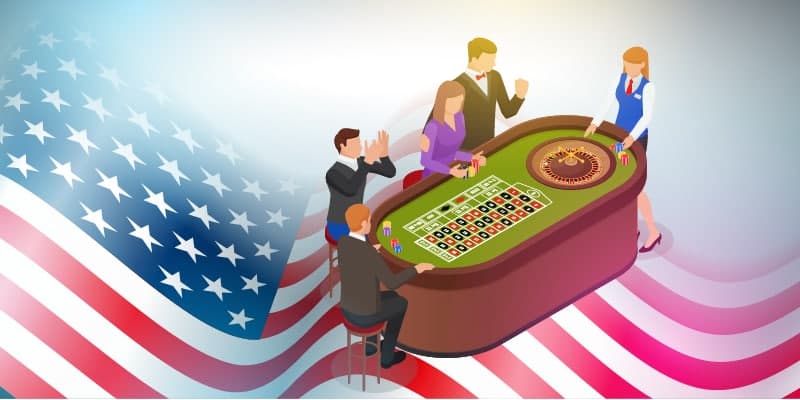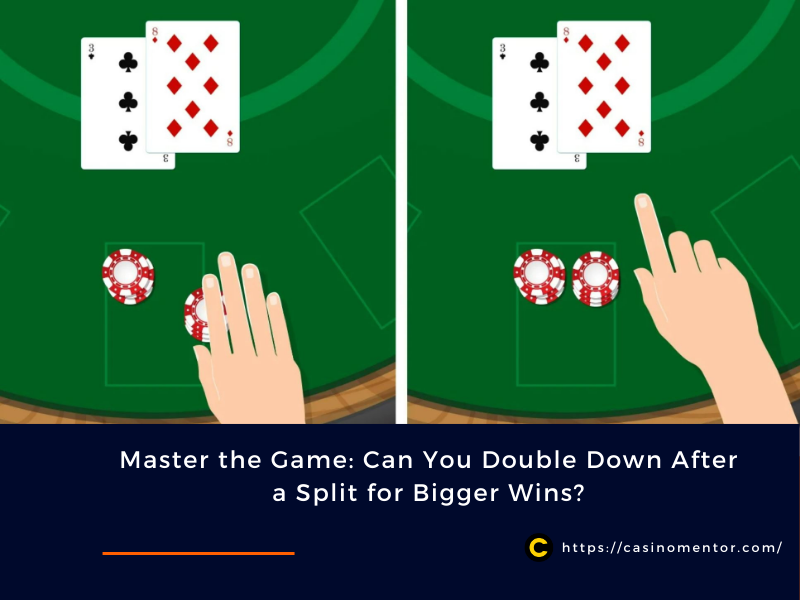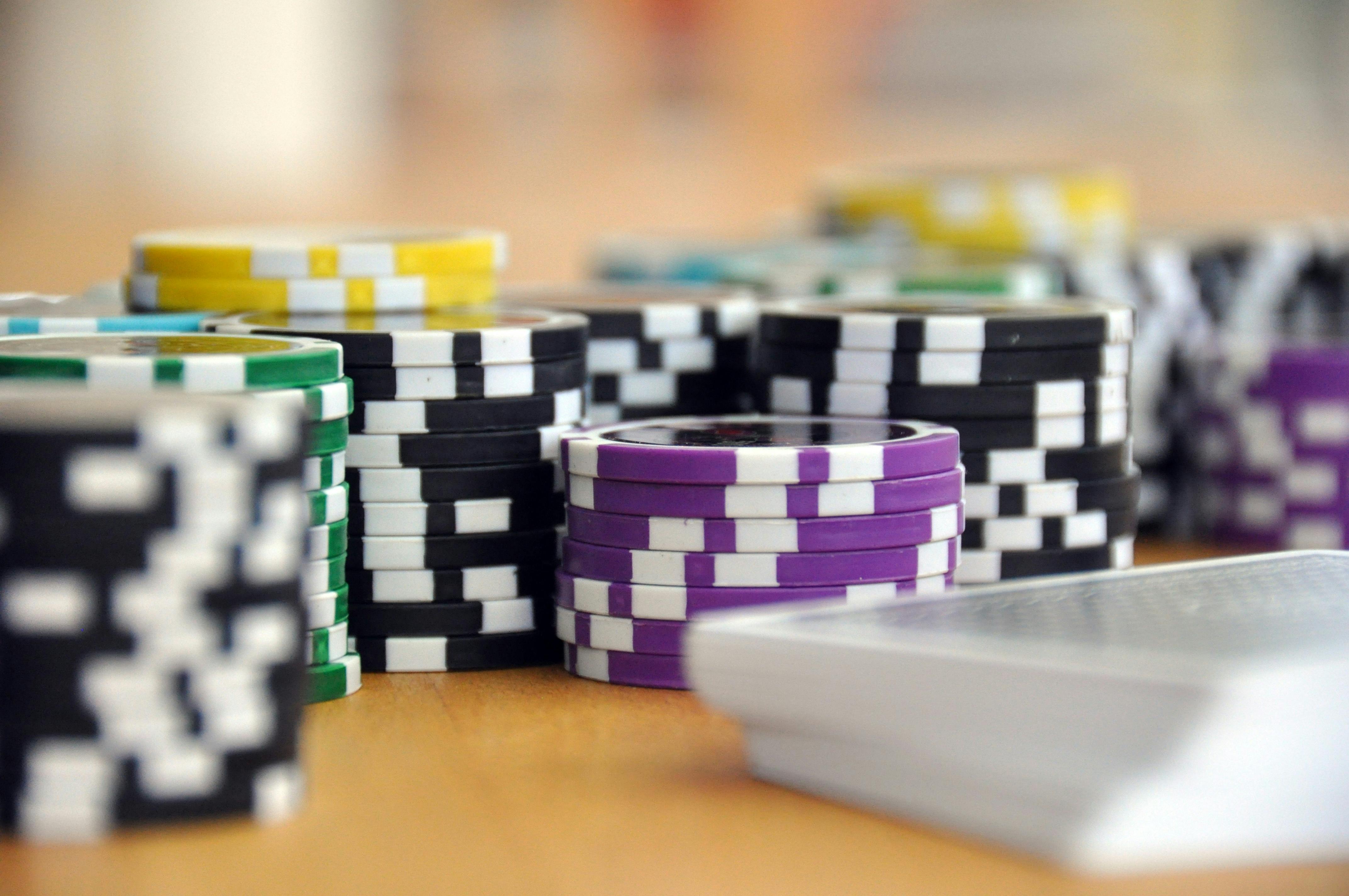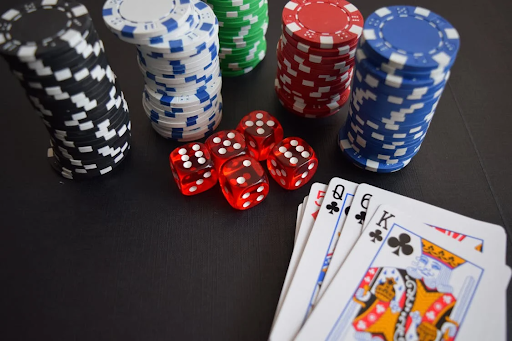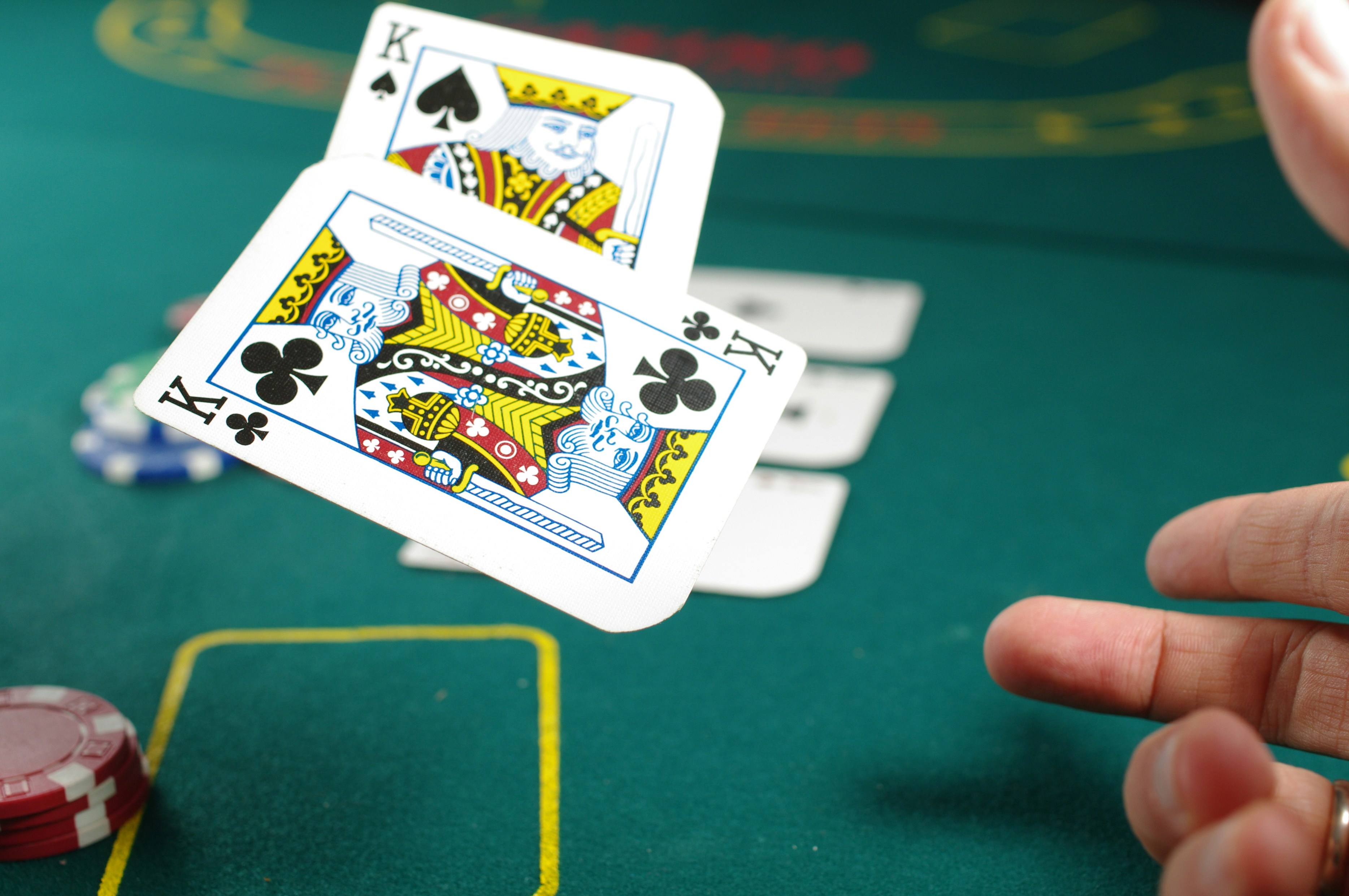How Gambling Became A Major Part Of Entertainment In The US
Gambling is no longer a niche activity but a mainstream leisure activity in the United States, with casinos, online gambling, and sports betting all attracting millions of individuals. It has become part of contemporary culture to the extent that it is not only viewed as a means of making money but also as entertainment in itself. In order to see how it became so dominant, we must examine the factors that influenced this increase.
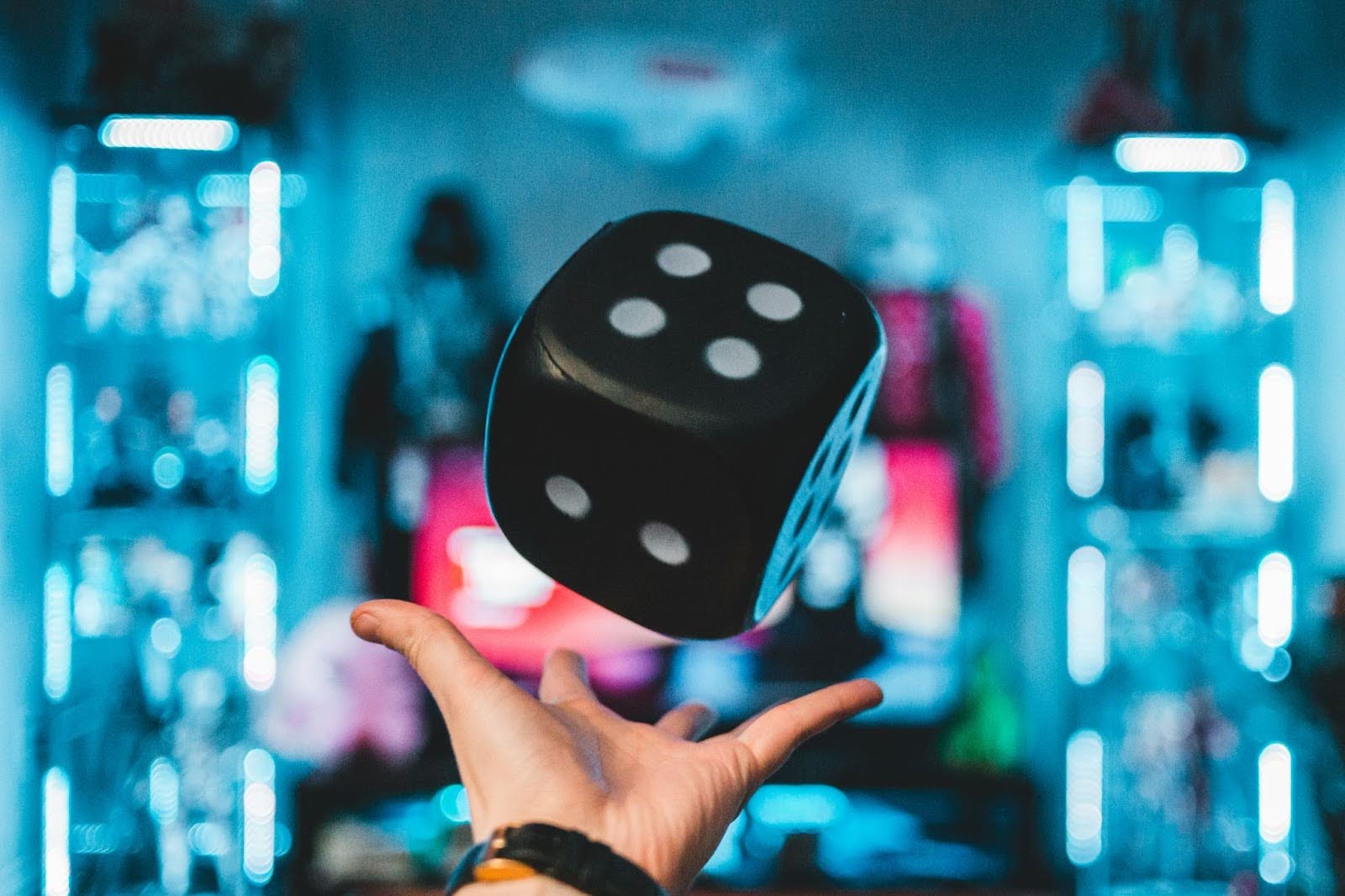
Accessibility Increased
Among the largest factors that made gambling establish its niche in the entertainment sector is the fact that it became highly accessible to individuals. Previously, the only choice was land-based casinos, but online platforms have dismantled these obstacles, allowing players to gamble anywhere.
Players are not left behind, even in states where online gambling is strictly regulated, such as Texas. iGaming expert Alex Hoffman from Card Player explains that they can use online, offshore casinos, many of which provide provably fair games, more generous bonuses, and faster withdrawals compared to local options. This availability opened a door to gambling being incorporated into daily leisure, no longer dependent on place or physical facilities.
Moreover, accessibility also means that people can interact according to their preferences. For example, instead of setting aside time for long poker nights, some prefer using a few minutes of their lunch break to wager once or twice. Therefore, gambling is more casual and not necessarily an elaborate setting reserved only for high rollers.
Casinos as Destinations
Casinos are no longer about the tables or slot machines. They have been transformed into entertainment hubs where one can get the best dining experiences, live shows, concerts, and even luxury shopping destinations. The best example is Las Vegas, which has turned into a playground that has much more to offer than the city’s unique games. Individuals not only go there to gamble but also to experience world-class entertainment. This strategy made casinos and the city a tourist destination, further entrenching gambling in the entertainment industry.
Similar models have been followed in Atlantic City, Reno, and tribal casinos around the country by incorporating local culture with gambling. Casinos are trying to be inclusive, as evidenced by resorts that offer family-friendly facilities and gaming floors. Casinos have turned gambling establishments into destinations in their own right and not one-purpose facilities, appealing to people who do not gamble. This transition to multi-experience spaces erased the distinction between conventional tourism and gambling-based entertainment.
The Impact of Sports Betting
Sports betting has contributed immensely to the perception of gambling as more of a form of entertainment than a risk. It is thrilling to watch a game in itself, but when there is a bet, it makes it even more exciting. With the federal ban on sports betting lifted by the Supreme Court in 2018, additional states have proceeded to legalize it, making it a regular aspect of sports culture. Betting odds are now part of major league and broadcasting coverage, and it is clear how closely entertainment and gambling are intertwined. Betting is no longer an additional activity but a part of the game-day experience for fans.
Fantasy sports also help in the transition between gambling and traditional sports. Fantasy leagues ensure that fans are entertained during a season, and daily fantasy sports sites have capitalized on this interest in a manner that is interactive and competitive. It can be informal office pools in March Madness or high-tech online betting sites, but the combination of gambling and sports has resulted in a cultural crossover that attracts millions of people annually.
Technology Moving the Engagement
Technology has also influenced how gambling can be incorporated into entertainment. Players can bet on the go through mobile apps and test games like Blackjack online, which makes it a smooth aspect of everyday life. Live dealer games have erased the distinction between online and offline experiences, providing interaction and ambiance without the need to leave the house. Streaming has contributed to it as well, with sites such as Twitch hosting casino streams that present gambling as entertainment itself. This combination of technology and social interaction has made gambling new and attractive to new people.
Virtual reality casinos are starting to emerge, where players can experience real-life-like settings with avatars and social capabilities. There are also tests of augmented reality games that may combine real life with gambling in the future. Through the incorporation of the latest technology, gambling has ensured that it does not feel like it is being left behind by other forms of digital entertainment.
The Purpose of Bonuses and Rewards
The bonus system that online casinos and sportsbooks provide is another factor that attracts people. Free spins, deposit bonuses, loyalty programs, and cashback offers keep the players entertained and coming back. These bonuses are similar to promotions in other entertainment industries, such as streaming or gaming subscriptions, providing the user with an incentive to remain active. The ever-present rewards turned gambling platforms into a less risk-prone environment and more of a fun one with benefits.
Human psychology is also fed by reward systems. Players like to feel that they are appreciated, and regular rewards keep them going. Similar to the frequent flyer programs in the travel industry or discounts in retail, bonuses in gambling ensure people are getting more than the game itself. This sense of value addition is one of the reasons why gambling sites have been able to draw such huge numbers.
Gambling in Pop Culture
Gambling has also been normalized as entertainment by movies, television shows, and music. Since the time of the classic movie Casino, the glamor, excitement, and stylish twist of gambling have been depicted in series and songs. Even poker tournaments are aired, attracting viewers who make it a sport. The media is very powerful in shaping the perception of activities, and the constant presence of gambling in popular culture has only reinforced the status of gambling as a mainstream form of fun.
The image of casinos has also been strengthened by celebrities who promote casinos or feature in gambling advertisements. Popular culture has been at the forefront of plenty of trends, and the iGaming sector has been no different. When people identify with certain figures representing a betting option with affordable bet sizes, it makes it relatable and more enjoyable for players as well.
Social Aspects of Gambling
Gambling has also flourished due to its social aspect. It brings people together, whether it is friends playing poker together, groups going to a casino, or communities formed online around betting strategies. The ability to chat, celebrate victories, or even mourn defeats has made it seem like a community experience akin to attending a major sporting event or playing video games over the internet. This feeling of belonging has served to entrench gambling as a form of daily entertainment.
Social gambling is emphasized by poker nights, bingo halls, and slot tournaments. Chat features are now available on online platforms, allowing players to chat as they play, forming friendships and communities that extend beyond the game itself. To most people, the attraction of gambling is not necessarily the possibility of winning but the fact that it is a group activity.
Regulation and Safety Measures
Although gambling was initially looked at with suspicion, its image has changed with regulation in most states. Protections such as responsible gambling tools, deposit limits, and reasonable return-to-player rates are now offered on licensed platforms. These measures have contributed to making gambling look safer, and this has eased the minds of both gamblers and regulators. Gambling has become more acceptable as a form of entertainment by being more transparent and controlled.
Gambling states also earn a lot of tax revenue, which is invested back into services for the population. This economic boost has increased the willingness of lawmakers to increase regulated gambling. Gambling has not only been accepted as a mainstream entertainment, but it has also been made safe and economically viable.
Cross-Over to Other Industries
Gambling has increased its entertainment value by partnering with other industries. As an example, casino-sports league partnerships have increased exposure, and online gambling sites have linked to video game mechanics to attract younger adults. The casino apps' gamification resembles mobile gaming, which makes gambling another entertaining activity. These crossovers demonstrate how gambling is adjusting to trends and is staying relevant in a saturated entertainment market.
Casinos have also collaborated with streaming services, and major poker tournaments are broadcast live to audiences around the world. Musicians also play in casino establishments, combining concerts with gambling evenings. Even fashion brands have partnered with gambling companies to launch limited-edition merchandise, demonstrating how gambling is still permeating into broader cultural areas.
Conclusion
Gambling in the US has been able to transform itself beyond money betting. It has been able to become a legitimate entertainment industry through accessibility, technology, sports betting, and close associations with pop culture. It has provided diversity, incentives, and socialization, which have made it a favorite pastime activity among millions of people, next to movies, sports, and video games.



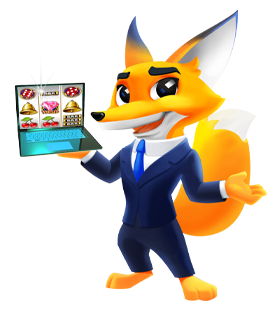



.png)
